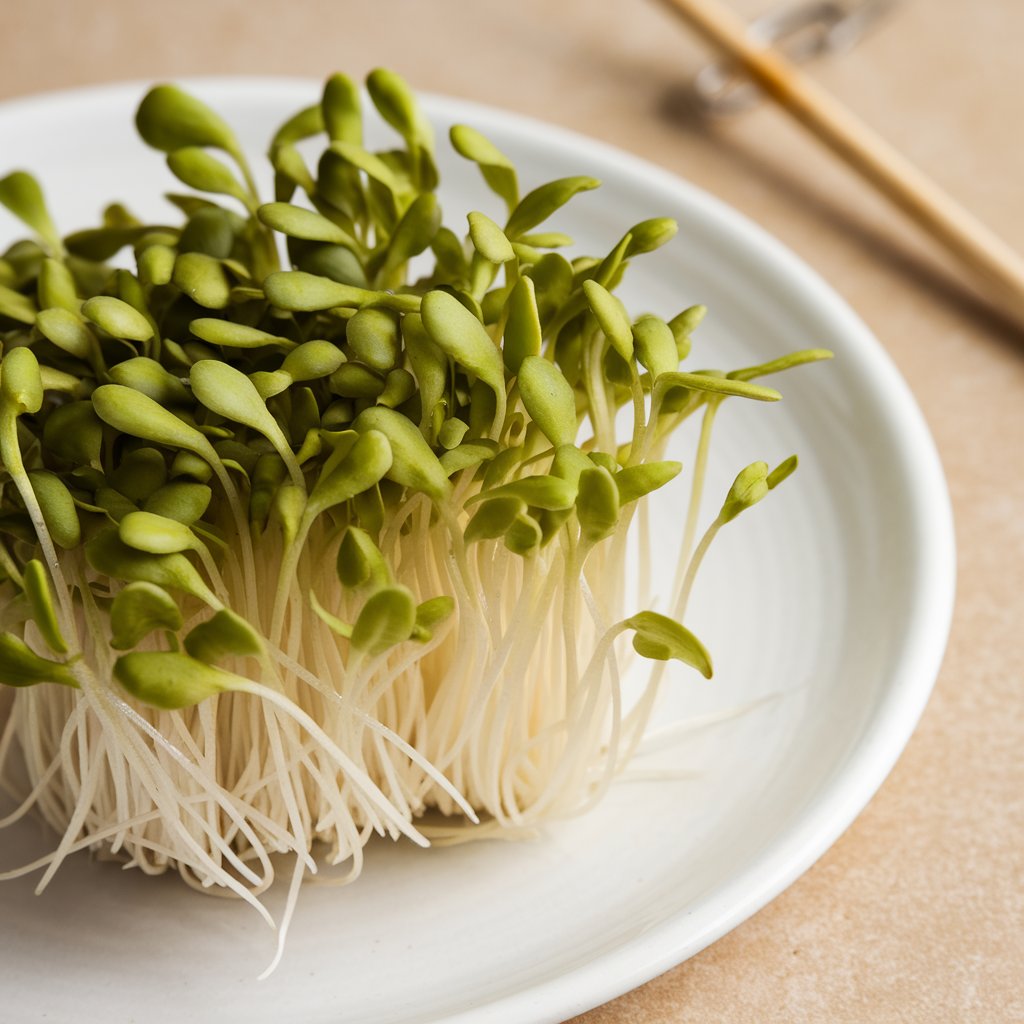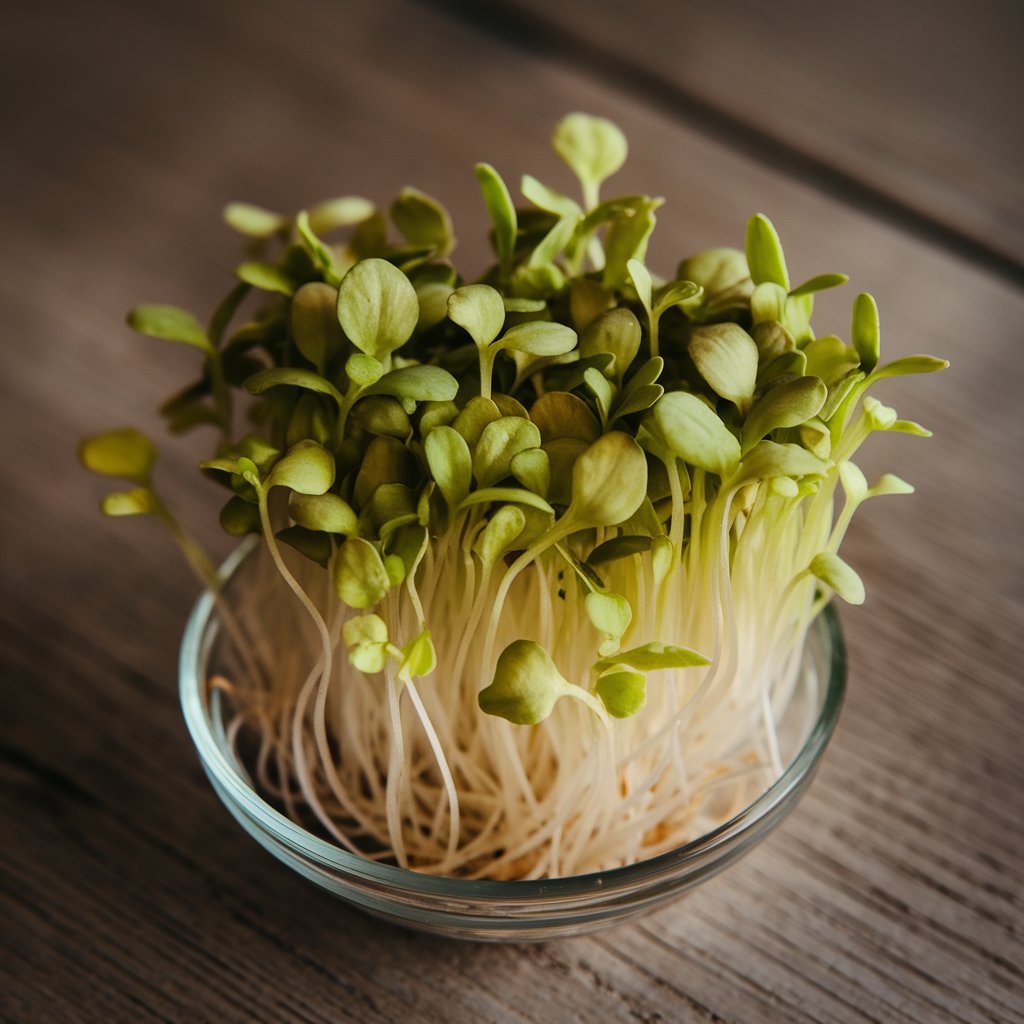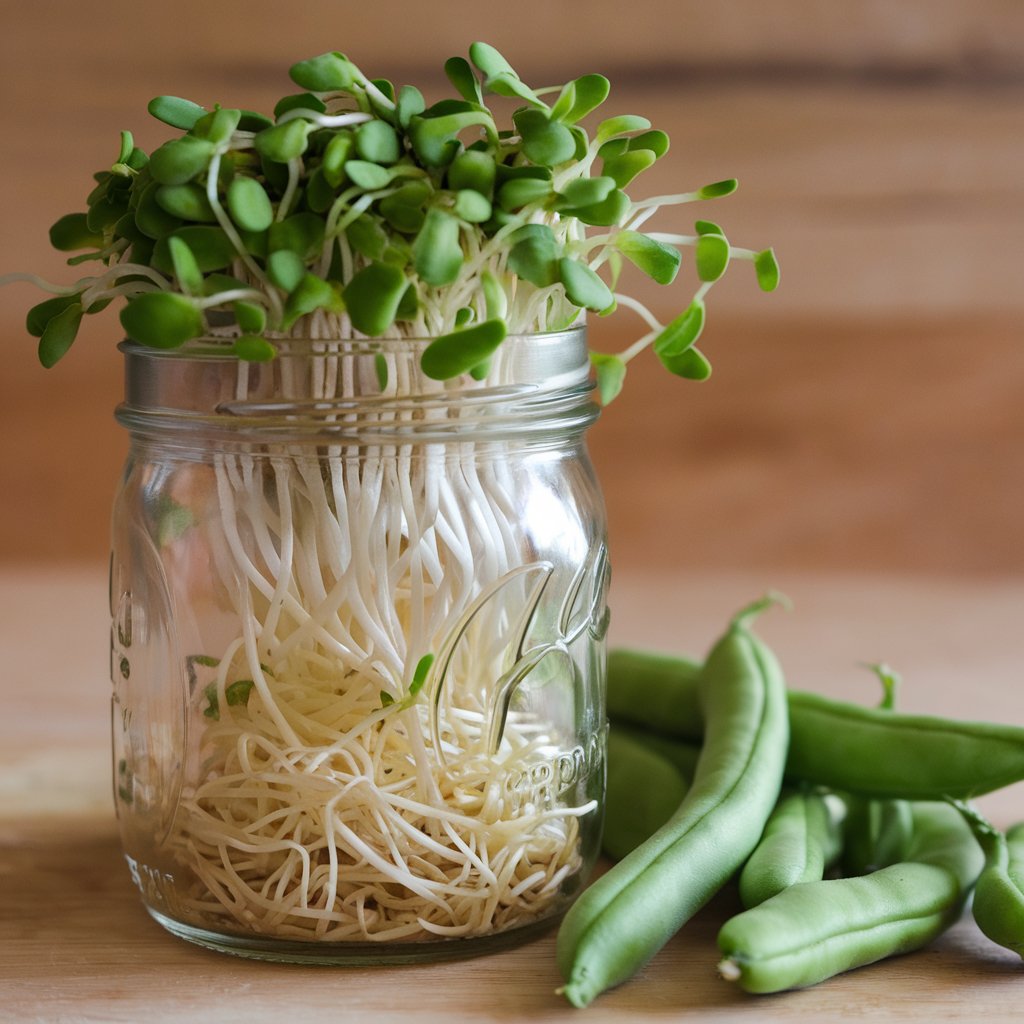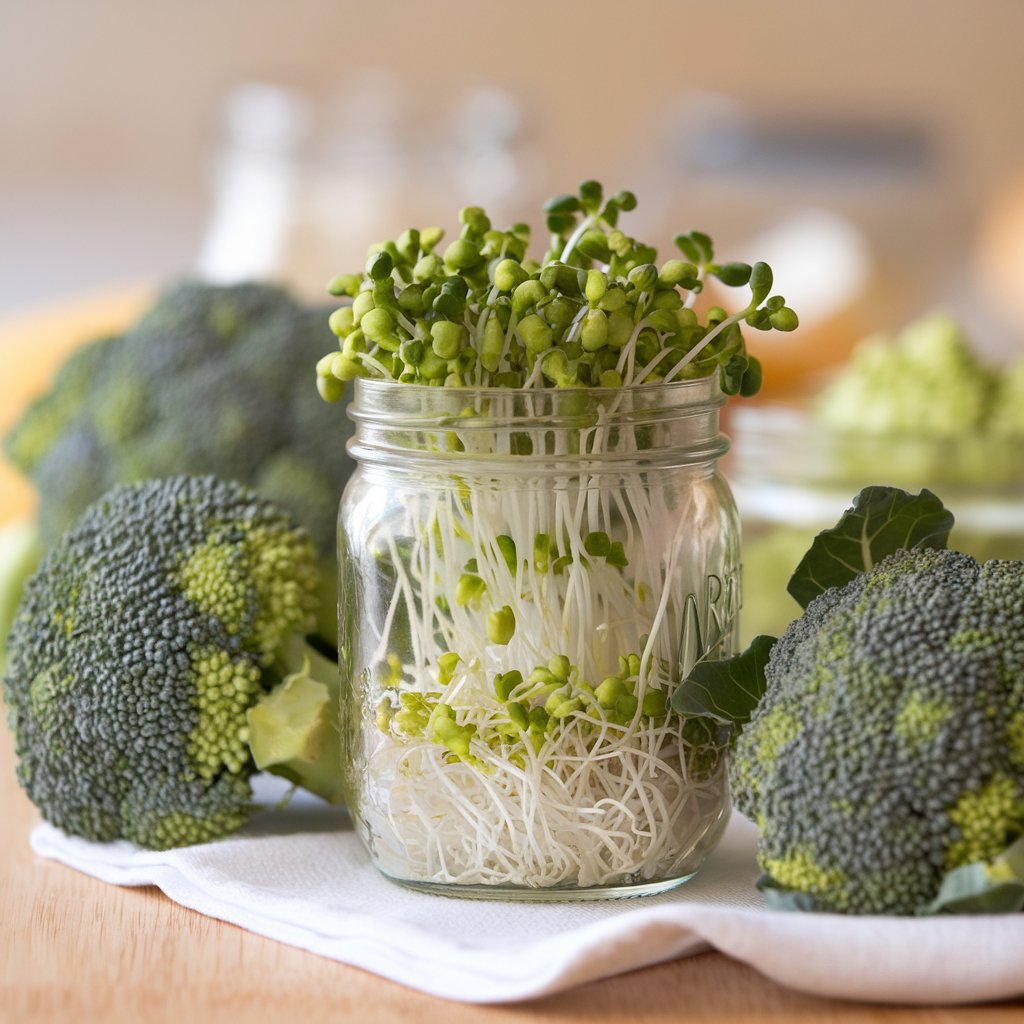Sunflower sprouts are an incredible addition to your diet, offering a burst of nutrition, a crunchy texture, and a delightful nutty flavor. If you’ve ever wondered why sunflower sprouts are hailed as a superfood or how to grow them at home, this article is here to guide you. Whether you’re a seasoned gardener or a curious beginner, sunflower sprouts are one of the easiest and most rewarding sprouts to cultivate.
What Are Sunflower Sprouts?
Sunflower sprouts, also known as sunflower microgreens, are young shoots of sunflower seeds. Unlike the full-grown plant, these sprouts are harvested when they’re just a few inches tall, usually within 7–10 days of germination. They’re packed with essential nutrients, making them a popular choice for health-conscious individuals.
Nutritional Benefits of Sunflower Sprouts
Sunflower sprouts are nutritional powerhouses. Here’s what makes them so beneficial:
- Rich in Vitamins
Sunflower sprouts are loaded with vitamins A, C, D, and E, which support immune health, skin vitality, and bone strength. - High in Protein
These sprouts contain high-quality plant-based protein, making them an excellent choice for vegans and vegetarians. - Abundant in Minerals
They’re a great source of magnesium, calcium, and iron, essential for maintaining strong bones, healthy blood, and a calm nervous system. - Packed with Antioxidants
Antioxidants in sunflower sprouts help combat free radicals, reducing inflammation and promoting overall health. - Low in Calories
Perfect for weight management, sunflower sprouts are nutrient-dense yet low in calories.
How to Grow Sunflower Sprouts at Home
Growing sunflower sprouts is surprisingly simple. Here’s a step-by-step guide to help you:
1. Choose the Right Seeds
- Use unhulled, organic sunflower seeds labeled specifically for sprouting. Avoid roasted or salted seeds as they won’t sprout.
2. Soak the Seeds
- Rinse the seeds and soak them in a bowl of water for 8–12 hours. This softens the shell and kickstarts germination.
3. Prepare Your Growing Tray
- Use a shallow tray with drainage holes. Fill it with about 1–2 inches of organic potting soil or sprouting medium.
4. Plant the Seeds
- Spread the soaked seeds evenly over the soil. Lightly press them down but don’t bury them completely.
5. Water and Cover
- Gently water the seeds and cover the tray with another tray or damp cloth to create a dark, humid environment.
6. Provide Light
- After 2–3 days, remove the cover and place the tray in indirect sunlight or under a grow light. Keep the soil moist but not waterlogged.
7. Harvest
- Within 7–10 days, when the sprouts are 2–4 inches tall and have developed their first true leaves, they’re ready to harvest. Use sharp scissors to trim them just above the soil surface.
Why Soil is Better for Sunflower Sprouts than Jars
While jars are popular for sprouting smaller seeds like alfalfa or broccoli, sunflower seeds thrive best when grown in soil or on sprouting mats. Here’s why:
- Seed Size: Sunflower seeds are larger and require more space to shed their tough outer hulls, which soil naturally helps loosen during growth.
- Growth Style: Sunflower sprouts grow tall and upright, making them ideal for soil or tray environments where their roots can anchor securely. Jars, by contrast, limit vertical growth and can lead to smaller, less robust sprouts.
- Flavor and Texture: Soil-grown sunflower sprouts are crunchier and more flavorful compared to those grown in jars, making them a superior choice for salads, sandwiches, and snacks.
- Airflow and Moisture: Sunflower sprouts require proper airflow and balanced moisture to prevent mold. Jars can trap excess humidity, increasing the risk of spoilage.
Can You Use Jars for Sunflower Sprouts?
Yes, but it’s less common and not the ideal method. While jars are convenient, they come with challenges like:
- Difficulty in removing hulls from the sprouts.
- Limited space for the tall growth of sunflower shoots.
- Higher risk of mold due to restricted airflow.
For best results, we recommend using soil or sprouting trays, as they produce healthier, tastier sunflower sprouts with minimal effort. However, if you prefer to experiment with jars, it’s possible—just be prepared for extra steps like hull removal and careful moisture management.
How to Use Sunflower Sprouts

Sunflower sprouts are versatile and can be added to various dishes. Here are some ideas:
- Salads: Toss them into fresh salads for added crunch and nutrition.
- Smoothies: Blend them into green smoothies for an energy boost.
- Sandwiches and Wraps: Use them as a topping for sandwiches, wraps, or burgers.
- Stir-Fries: Add them to stir-fries for a delicate nutty flavor.
- Soups: Garnish soups with fresh sunflower sprouts for an appealing texture.
Health Benefits by Time of Day
Sunflower sprouts can be eaten at any time of day, but their benefits vary depending on when you consume them:
- Morning: Their high protein and nutrient content make them a great addition to breakfast for sustained energy.
- Afternoon: Enjoy them as a light, energizing snack to beat midday fatigue.
- Evening: Add them to dinner for a nutrient-packed yet low-calorie option.
Why Include Sunflower Sprouts in Your Diet?
Sunflower sprouts aren’t just nutritious—they’re also environmentally friendly and economical. Growing them at home ensures you have access to fresh, pesticide-free greens year-round. Plus, they grow quickly, making them ideal for busy lifestyles.
Common Questions About Sunflower Sprouts
1. Are sunflower sprouts safe for everyone?
Yes, sunflower sprouts are safe for most people. However, individuals with allergies to sunflower seeds should avoid them.
2. How long do sunflower sprouts last?
Once harvested, sunflower sprouts can last up to a week in the refrigerator if stored in an airtight container.
3. Can sunflower sprouts be frozen?
While it’s possible, freezing can alter their texture and nutritional value. It’s best to enjoy them fresh.
Conclusion
Sunflower sprouts are an easy, nutrient-rich addition to any diet. From their impressive vitamin and mineral profile to their versatility in the kitchen, these tiny greens truly pack a punch. By growing them at home, you not only save money but also enjoy the satisfaction of cultivating your own fresh food. So why wait? Start sprouting sunflower seeds today and experience the incredible benefits for yourself!
Want more Articles about sprouting seeds ? Visite Sprouts




